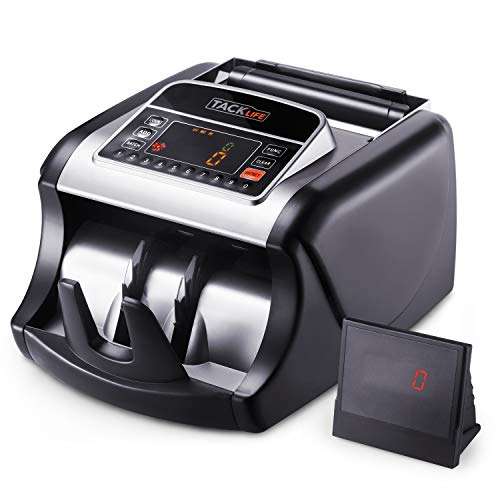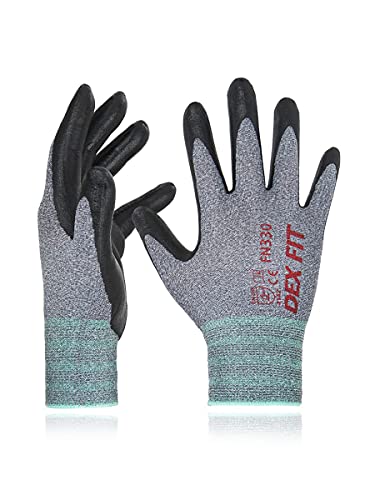





Money handling is an important skill to learn, especially in today’s economy. Whether you are a student, a small business owner, or a budget-conscious individual, it’s important to know how to handle your finances. This beginner's shopping guide will help you understand the basics of money handling and get you started on the right foot.
The first step to handling money is establishing a budget. A budget is the amount of money you plan to spend each month, or over a certain period of time. It should take into account all of your expenses, from living costs to entertainment, and should be realistic enough to ensure that you don't end up in debt. Once you have created your budget, it’s important to stick to it as much as possible.
The next step is to open a checking and savings account. A checking account is where you will deposit your paycheck and pay your bills. It’s important to research different banks to find one that has competitive interest rates, low fees, and customer service support. A savings account is where you will store extra money for the future. It can be used to save for short-term goals, such as a vacation, or long-term goals, such as retirement or college. Again, it’s important to do your research to find a bank that offers competitive interest rates and minimal fees.
Once you have established a budget and opened accounts, it’s time to start managing your money. There are several tools available to help you stay on track. A financial planner or budgeting app can help you keep track of your spending and make sure you are staying within your budget. Additionally, a good credit card can help you build your credit score, which can lead to better interest rates when you borrow money. If you are planning to invest, it’s important to do your research to find an investment option that works best for you.
By following these basic steps, you can start to get a handle on money handling. Developing a budget, opening accounts, and using the right tools can help you become financially successful. Good luck!